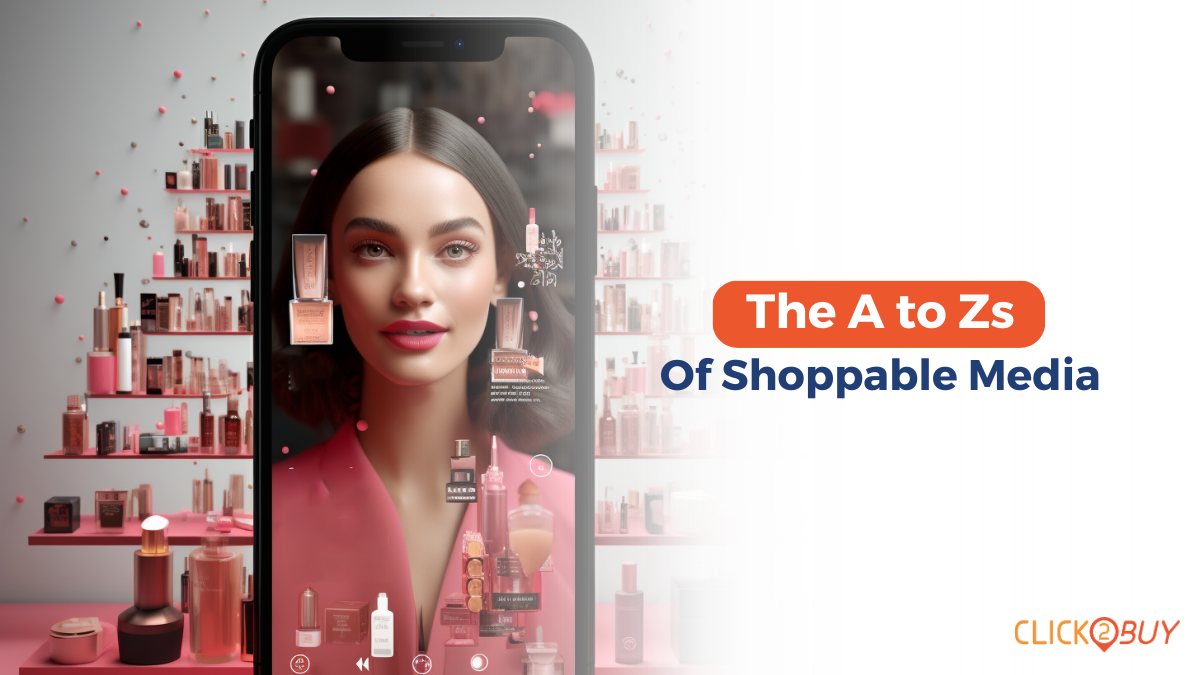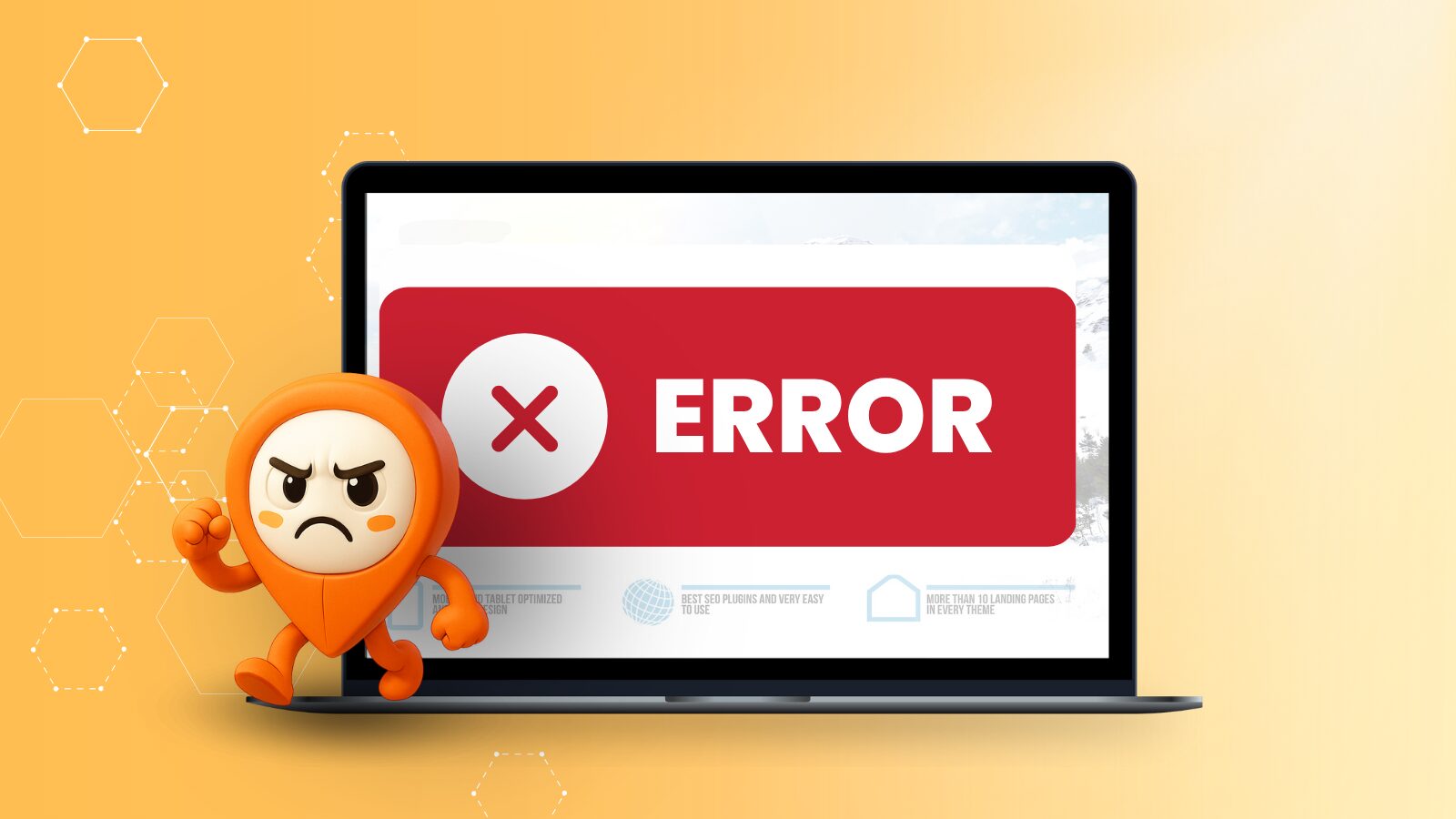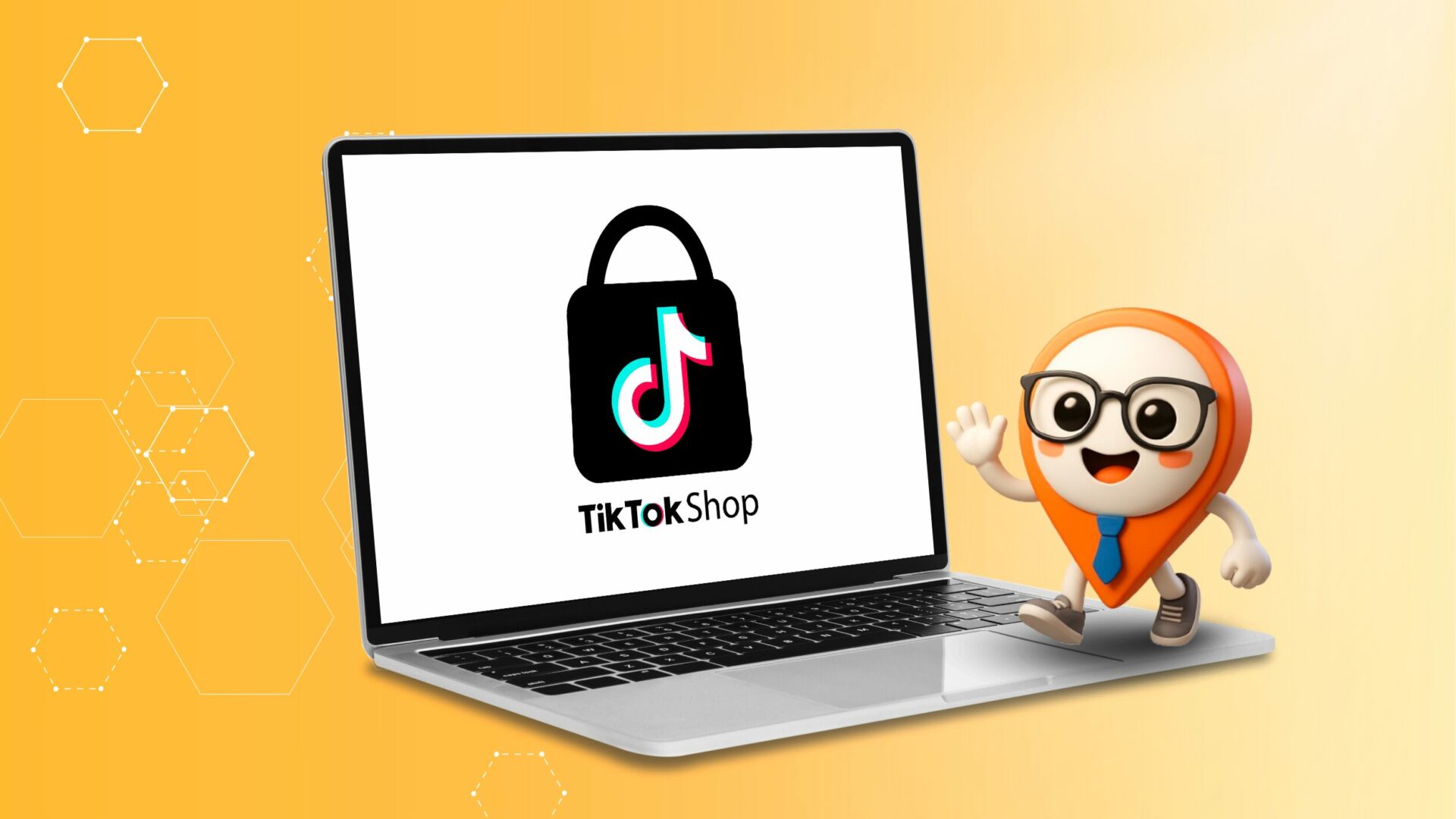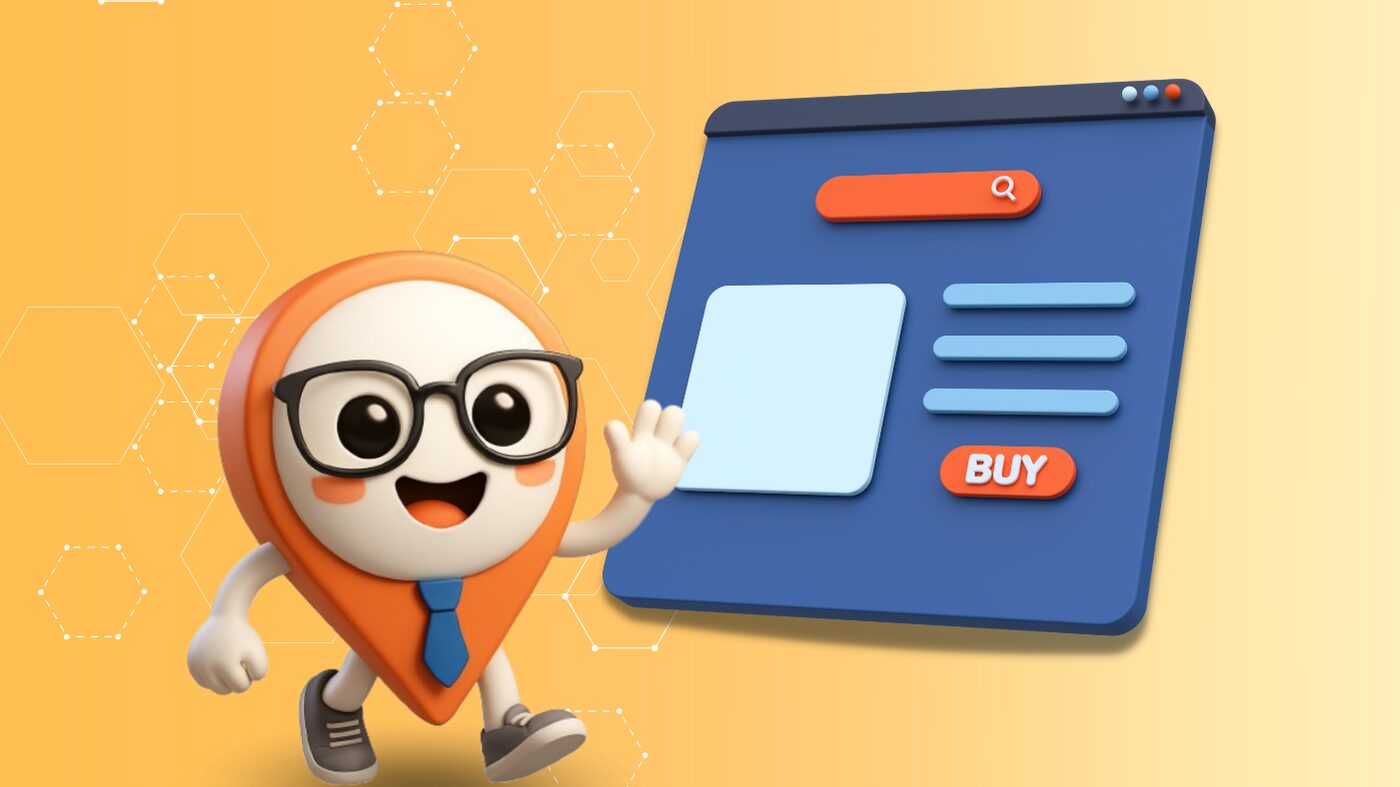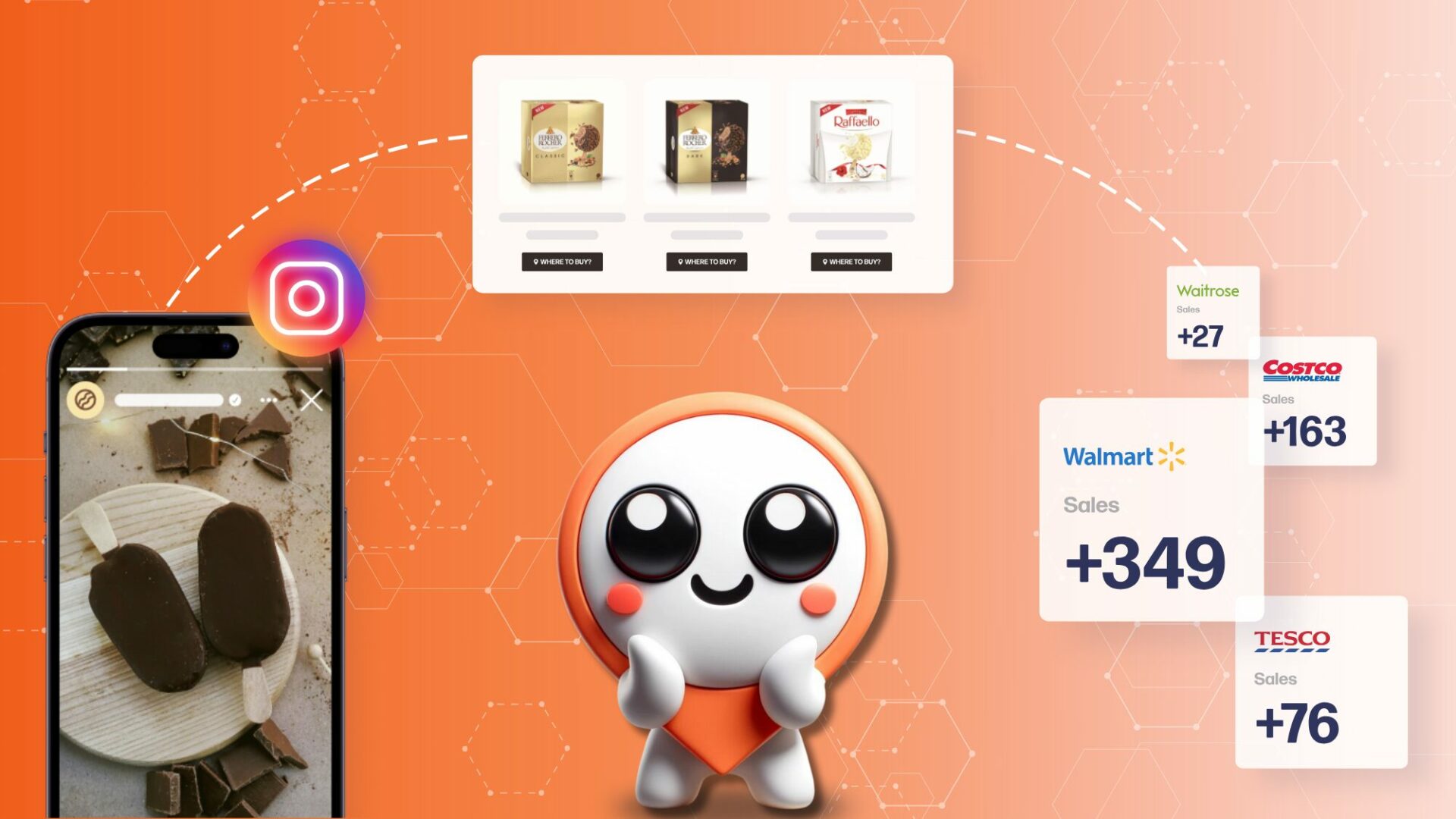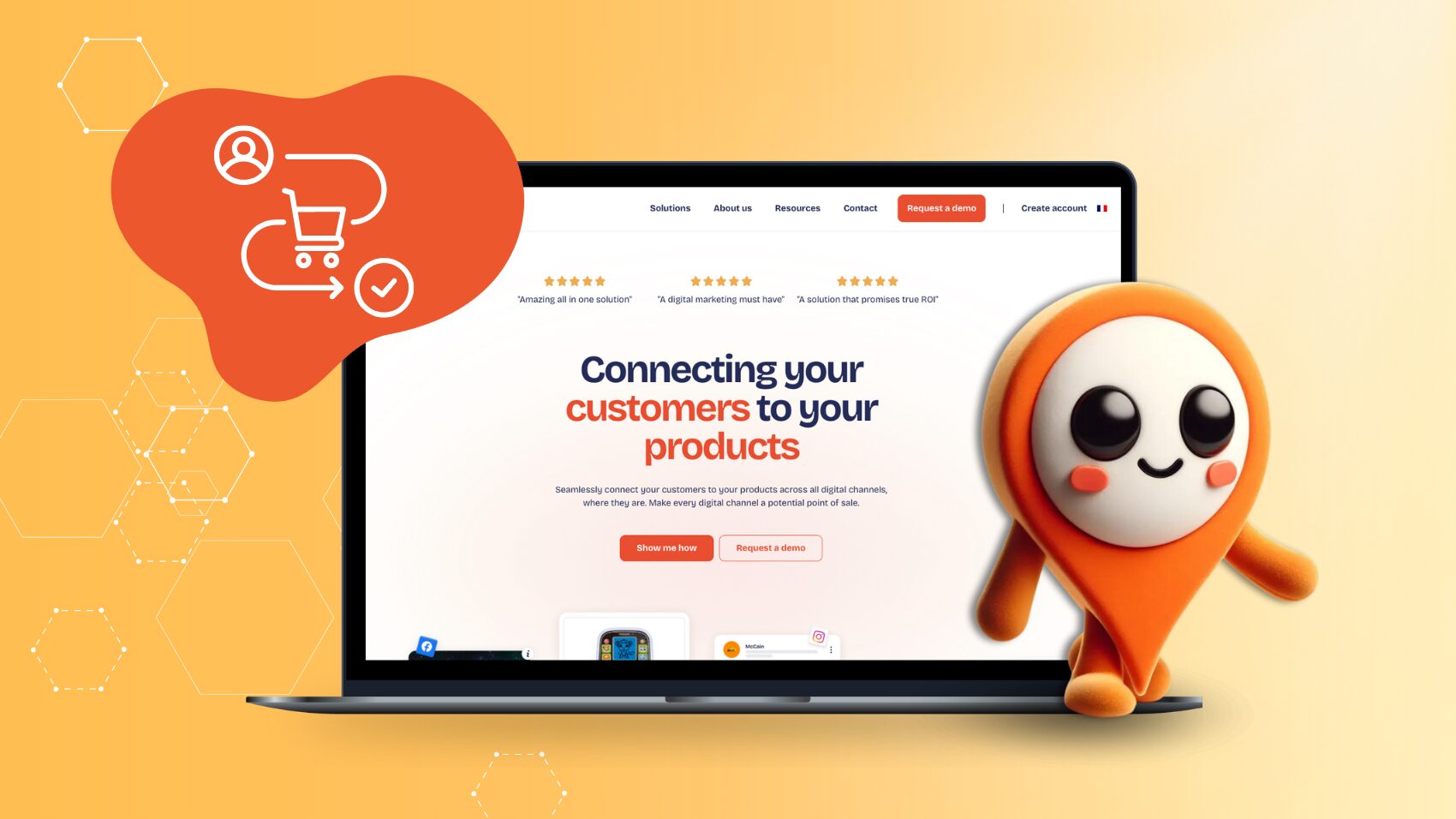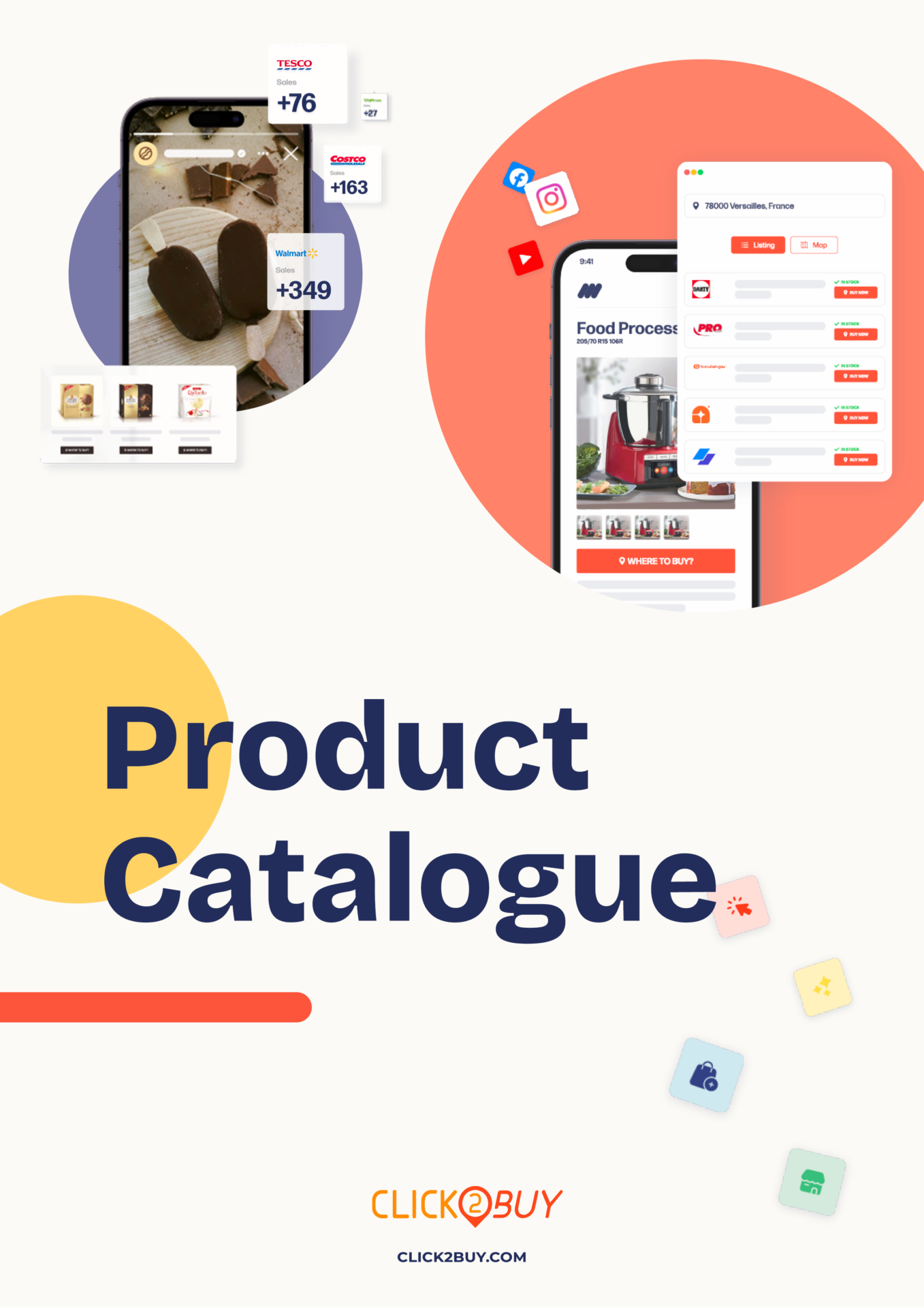Shoppable media has truly transformed the online shopping landscape, paving the way for a whole new level of consumer interaction. No longer confined to boring product images and uninspiring descriptions, shoppable media captivates audiences with its dynamic and immersive experience. Step into the world of e-commerce innovation as we take you on a thrilling journey through the ins and outs of shoppable media. Discover how this game-changing phenomenon can skyrocket your online business, enthralling your customers and boosting those conversion rates like never before. Get ready to unlock the full potential of shoppable media with our comprehensive and original guide.
What is Shoppable Media?
Shoppable media refers to any form of digital content that allows consumers to purchase products directly from the content itself. This can include interactive images, videos, social media posts, blog articles, and even virtual reality experiences. The primary objective is to seamlessly integrate the browsing and purchasing processes, reducing friction and enhancing user engagement.
The Advantages of Shoppable Media
1. Enhanced User Experience
Shoppable media empowers users to explore products in a more immersive and interactive way. Instead of having to navigate multiple pages to find relevant items, users can simply click on a product within the media and proceed to checkout effortlessly.
2. Increased Engagement
Interactive content tends to captivate users more effectively than static content. Shoppable media enables businesses to engage their audience in a unique and memorable manner, driving higher levels of interaction and brand recall.
3. Improved Conversion Rates
With a streamlined purchasing process, shoppable media reduces the chances of potential customers abandoning their shopping carts. This optimization can significantly boost conversion rates, leading to higher revenue generation for businesses.
4. Data-Driven Insights
Shoppable media offers valuable data and analytics insights, enabling businesses to gain a deeper understanding of customer preferences, behavior, and purchase patterns. These insights can inform targeted marketing strategies and product enhancements.
5. Seamless Integration with Social Media
Social media platforms play a crucial role in modern marketing strategies. Shoppable media seamlessly integrates with social media, allowing businesses to leverage their social presence to drive sales directly from their posts.
Implementing Shoppable Media
Now that we have highlighted the benefits of shoppable media, let’s explore how you can effectively implement it on your website and social media channels.
1. High-Quality Visuals
Compelling visuals are the backbone of shoppable media. Invest in high-quality images and videos that showcase your products from multiple angles and in various settings. High-resolution visuals not only enhance user experience but also provide more clarity about the products.
2. Interactive Elements
Add interactive elements to your shoppable media, such as hotspots, hover-over details, or 360-degree views. These features allow users to engage with the products on a deeper level, fostering a sense of connection and ownership.
3. Clear and Concise Call-to-Actions
Ensure that your call-to-action buttons are prominent, clear, and intuitive. Use action-oriented phrases like “Shop Now” or “Buy This Look” to prompt users to take immediate action.
4. Mobile Optimization
Given the prevalence of mobile shopping, it is crucial to optimize your shoppable media for mobile devices. Ensure that the content is easily accessible and navigable on smartphones and tablets.
5. A/B Testing
To maximize the effectiveness of your shoppable media, conduct A/B testing to determine which elements resonate best with your audience. This data-driven approach will help you refine your content over time for optimal results.
Trends and Innovations in Shoppable Media
As technology continues to evolve, so does shoppable media. Stay ahead of the competition by incorporating these emerging trends and innovations into your strategy:
1. Augmented Reality (AR) Shopping
AR technology allows consumers to virtually try on products before making a purchase, eliminating doubts about size, fit, and appearance. This immersive experience enhances confidence and reduces return rates.
2. Live Shopping
Live shopping events, where influencers or brand representatives showcase products in real-time, have gained immense popularity. The interactive nature of live shopping fosters a sense of urgency and authenticity, encouraging immediate purchases.
3. Personalization and AI
Leverage artificial intelligence and machine learning to personalize shoppable media based on user preferences and behavior. Tailored recommendations and curated shopping experiences can significantly enhance customer satisfaction.
4. Social Commerce
Integrate shoppable media directly into your social media posts, stories, and videos. Social commerce blurs the lines between content and commerce, making the shopping experience seamless and enjoyable for users.
Wrapping up
Shoppable media has emerged as a powerful tool for businesses looking to elevate their online shopping experience and drive higher conversion rates. By adopting a user-centric approach, investing in high-quality visuals, and staying abreast of the latest trends, you can leverage shoppable media to outrank your competitors in the digital realm. Embrace innovation, embrace shoppable media, and reap the rewards of a thriving e-commerce presence.

